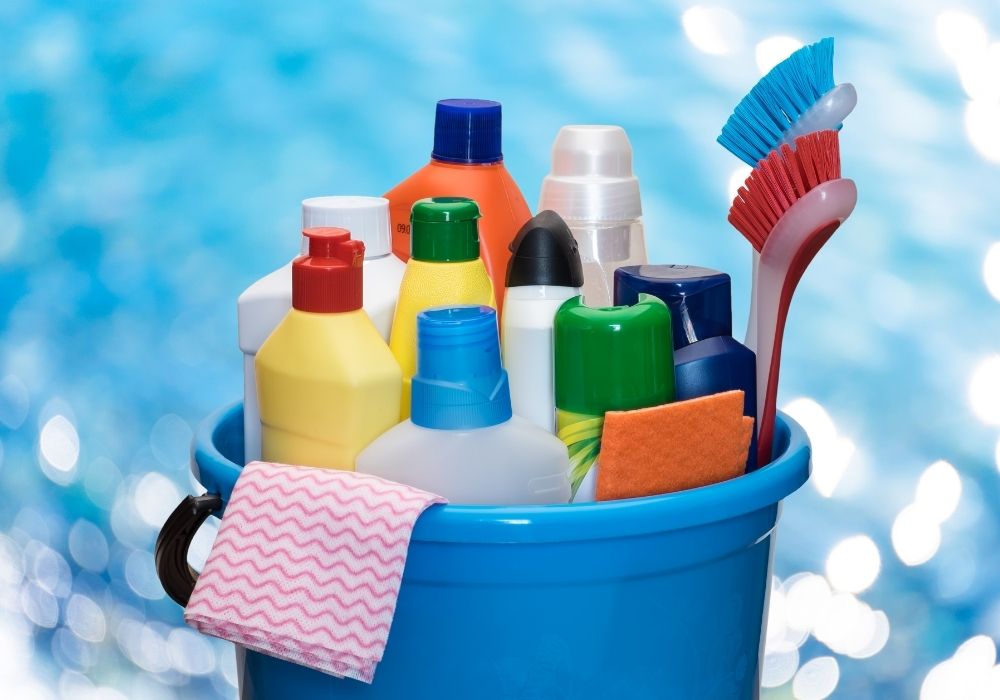When we’re considering buying products like furniture or cleaning supplies, the first thing we’re probably thinking of is price or quality. The last thing we’re likely considering is whether these products will have an impact on our health.
Unfortunately, some everyday items that fill our homes are not the most friendly to our health. Chemicals created to make products stronger, more efficient, and easier for our use can actually have harmful side effects, especially on young, developing children. That’s why it’s critical we’re thinking of our health just as much as our wallet when we’re out buying a new frying pan or stocking up on vegetables in the grocery store.
Here are a few places where toxins can lie undetected.
Whether it’s scented garbage bags or a body spray mist, we all love the way scents can cover unwanted odors. However, the chemicals that help bind scents to products are not the best for our bodies, CNN reports. They’re called phthalates, and they can exist in shampoos, hairsprays, and other scented products. Search for unscented products to help reduce your exposure.
Still looking for ways to help your home or body smell better? Try natural oils or flowers to freshen up a room. Open up your windows to let in fresh air or let your clothes sun-dry rather than using scented dryer sheets.
Organically grown food prices may certainly be higher than conventionally grown produce, but research shows we can lower our exposure to pesticides by switching to organic fruits and vegetables, Civil Eats reports. Some pesticides have been linked with learning disabilities, neurodevelopmental issues, and endocrine disorders. The good news is, switching to an organic diet showed positive effects in reducing pesticides in just a matter of days!
Lead poisoning can cause serious problems over one’s lifetime, so test your home for lead, especially if it’s an older house. WebMD says there’s an estimated 24 million homes containing peeling leaded paint or house dust! Buy a home lead-test kit at a hardware store, or contact your local health department if you want to get your home checked out. Before buying a home, you can also make this part of the inspection.
Since the 1970s, manufacturers started putting flame retardants in materials to help stop the spread of fire. A nice idea — until we started realizing these are not great for our bodies. Organohalogen flame retardants can cause memory problems, learning challenges, and impact reproductive health. While they are starting to be banned from products, it’s important to get rid of older items that have flame retardants, as they can break down over time and seep into the air and soil. Frequent dusting of your home and washing your hands can help reduce your exposure to flame retardants, The Guardian reports.
For questions about health insurance, contact a Sea Mountain Health Insurance Specialist.
